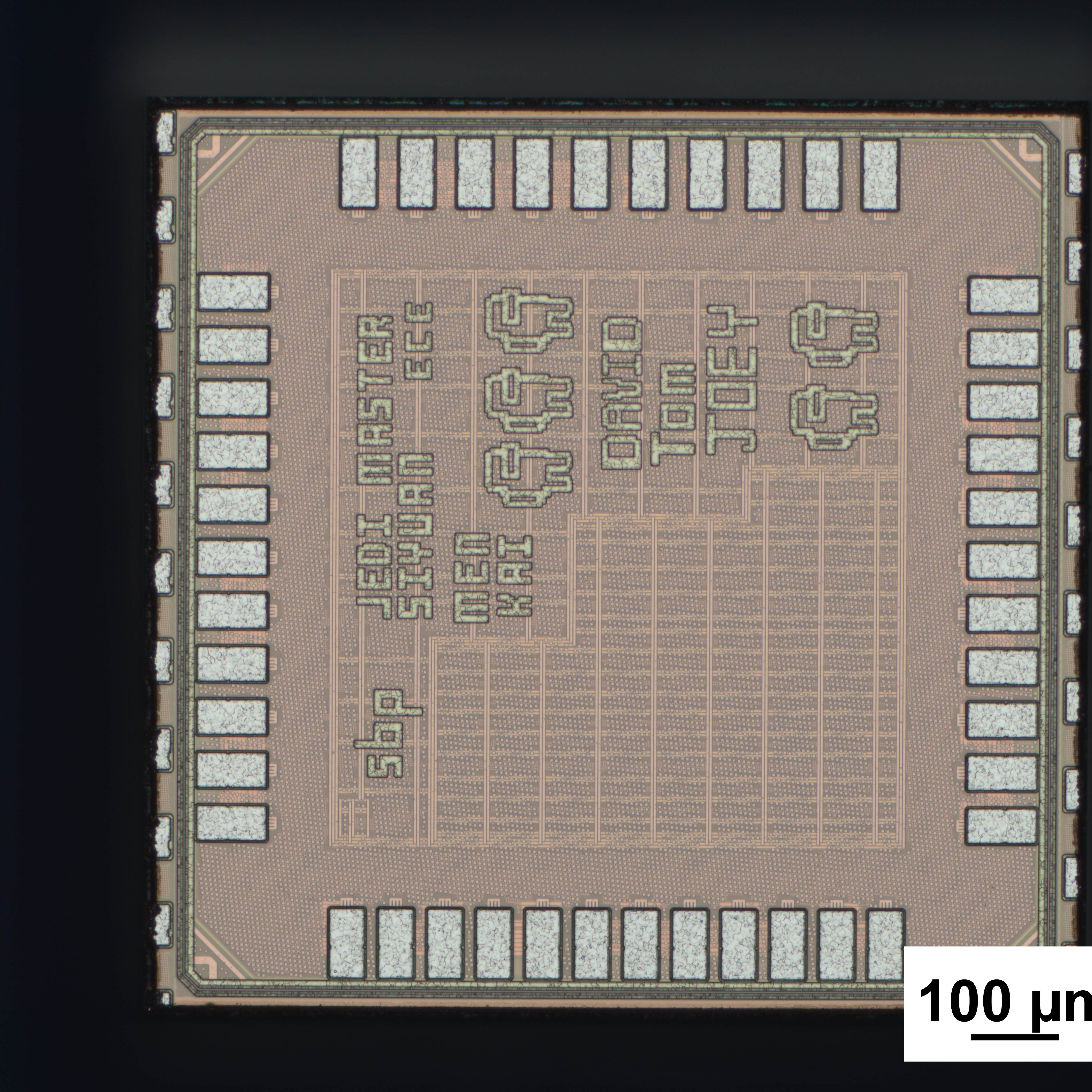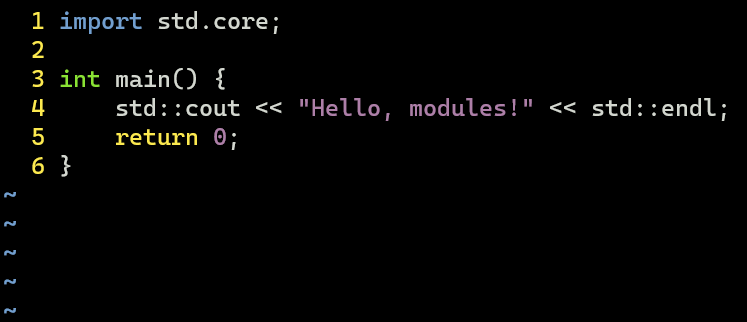Debian 12 “Bookworm” has been released last month (June 2023)!
Development
Debian 12 comes with recent development tools, such as
- GCC 12.2
- Clang 14.0
- Linux 6.1
- Python 3.11
- Vim 9.0
- Java 17.0
- PHP 8.2
- Node 18.13
Desktop
GNOME 43.4 is shipped with Debian 12. Compared to the GNOME desktop in Debian 11, it has built-in power management features, a notification area that looks nicer (and resembles the one in Windows 11), and better support for dark theme. One major change is the virtual desktops are horizontally aligned now.
Upgrade
My upgrade process is extremely smooth. Just need to change repository and let apt upgrade, and after a reboot the system becomes Debian 12 (>w<). The only noticeable changes are:
- TLP is replaced by GNOME power management utility. Honestly I think TLP is more powerful and provides more control, but GNOME seems to be sufficient for laptops in most cases.
- unattended-upgrades is replaced by GNOME software. I really don’t like GNOME software (it is way less reliable than unattended-upgrades), so I will just run updates manually.
Overall it’s a nice system upgrade. Debian 12 works as reliable as any Debian releases.










